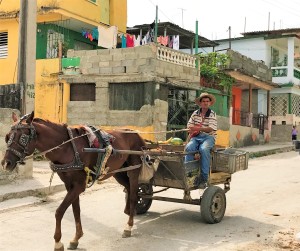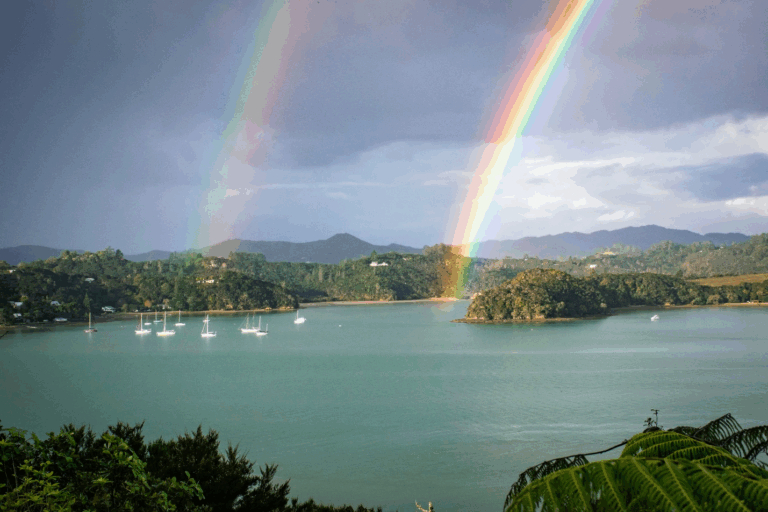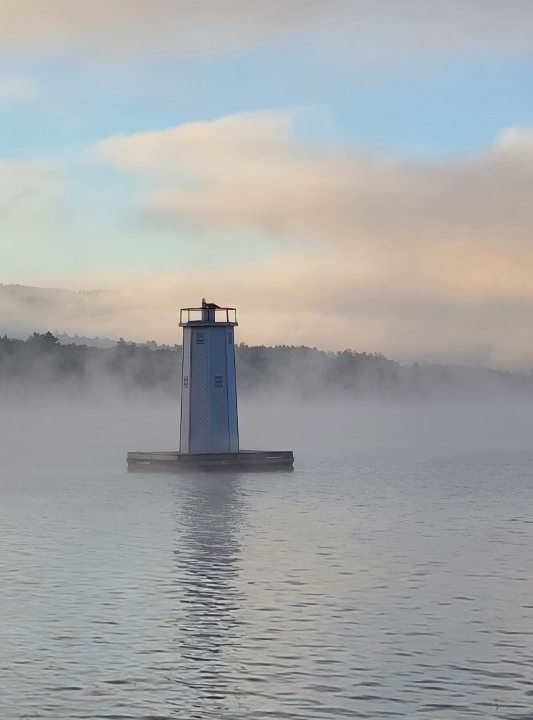Every day since returning from Cuba, I pause and give thanks for the simple niceties of my live. It’s like I’ve refocused a lens, causing me to look at things differently. It’s reinforced observations I had last summer after staying in the rural Volta Region of Ghana in Western Africa.
In my work, I often help people refocus the lens of their life to foster recognition on what’s right, what they have accomplished and put in place, rather than ruminate on what’s wrong and what’s lacking. This refocus helps alter our perceptions, changing the negative to the positive. It helps makes the transformation they’re seeking feasible and less overwhelming.
With this in mind, I’d like to give a rundown on the things I think we take for granted. I’m hoping a shift in perspective will help us be more grateful for the amazing bounty of our lives. I’m hoping it’ll generate more compassion and interest in those who have less than us and maybe it’ll help you feel better about your life too.
WATER
Everyone knows that water quality is a worldwide issue, but do you really know what that means? We take for granted that we have running water and that it can be hot at the turn of the dial. We take for granted that we have clean drinkable water. And we certainly never worry that it may be turned off, at any time.
None of this is true in Cuba or Africa. Not everyone has running water, there is rarely hot water and it’s never safe to drink. Parasites and bacteria in water are a health problem that can be deadly, especially for children. I know – I got sick in both countries.
The United Nations reports that “Water scarcity affects more than 40 per cent of the global population and is projected to rise. It is estimated that 783 million people do not have access to clean water and over 1.7 billion people are currently living in river basins where water use exceeds recharge.” [1] You have no idea what’s that like until you’ve lived it.
Give thanks for your bountiful supply of running water, hot and drinkable, any time you want.
TRANSPORTATION
We are a two car family, our kids have cars too. This is typical. But not there. Less than half the people have their own cars in Cuba and Ghana.
Imagine not having transportation. Everything is more difficult, especially in rural areas. Getting to work, shopping, seeing family or friends. You walk, take a bus, ride a bike or a horse. Your life revolves around transportation issues.
In 2014, the United States had 797 cars per 1,000 people or 455 million cars, with 907 million worldwide. We have more cars per capita than any country in the world. Let that sink in. Cuba had 38 per 1,000 people in 2008 and Ghana had 30 cars per 1,000 people in 2009 and many of their roads are still unpaved. [2],[3]
Give thanks for your vehicle and the ease you have in getting where you want to go.
ACCESS TO ANYTHING
We have the world at our finger tips. Our stores are stocked full of every imaginable item with a cacophony of lures to get us to buy more, more, more. If you don’t want to get it yourself, you can access it from anywhere via the internet. There are few constraints to our access.
In Cuba, stores have limited supplies of food and everything else. Store shelves are mostly bare or have 3 things spread across a wide area to make it look more plentiful. Internet access is limited as well. Rural Africa is the same.
Give thanks for the unlimited availability of anything you want.
WASTE MANAGEMENT
Waste management in the US is a hodgepodge of local and state policies, unlike some countries that have centralized policies.[4] Nevertheless, there is strong support and expectation that we recycle, have regular trash pickup and reasonable waste management. We have our own trash bins, we roll them to the curb on the right day and that’s about all we think about.
Waste management in Cuba and rural Africa is a different story. There are no bins. In many cases there is no pick up or it’s spotty at best. There is a big dump at the end of your street or village that is regularly visited by the feral dogs, pigs, goats, cats, even horses. It stinks and gets stinker every day, until it’s burned. It’s why water quality is a problem. Recycling doesn’t exit.
Who generates the most waste in the world? We do. In 2013, we produced 254 million tons of waste a year, followed by China with 190 million tons a year and four times the population.[5] Because we don’t see it, we’re oblivious to the crisis we are creating.
Give thanks for the recycling options we have and take it seriously, it’s a crisis.
EVERYDAY BEAUTY OF OUR ENVIRONMENT
On a more gentile note, I am reminded every day of the simple luxuries of my life. I come home to a beautiful garden, with flowers, trees and a lawn. There are soft rugs and paintings in our home, fluffy pillows and thick mattresses, plenty of food. We have pets who are family members and are given the best of care. Everything is lovely.
The contrast is stunning. In Cuba and Ghana, all those things are luxuries that cannot be afforded. The homes we stayed in had been spruced up for us. Yet at its best, the bed is a foam pad on a wood board and there is nothing fluffy or lovely. There are few personal gardens. There are few pets, as feral dogs and cats wander the streets, starving. It’s a stark reality.
Give thanks for the loveliness of your environment; we live in paradise.
Do you see what I’m saying here? If we can see the graciousness of our lives, maybe we won’t take it for granted. Maybe we’ll have more compassion for others. Maybe we will be kinder to our neighbors and better community members. Despite the poverty in Cuba and Ghana, the sense of community support that everyone extends to each other is humbling. They are loving, kind and helpful to one another: crime is low. With a change in perspective, there is a lot we can do better too.
If this prompts a reevaluation of the priorities in your life, good for you! Let me know if I can help. My Transformation Life Coaching is structured to support any transformation you think is needed to align with higher purpose values. For more information, see my website, www.spectrumtranformation.com. I’d love to hear from you.
References
1. http://www.un.org/en/sections/issues-depth/water/
2. https://en.wikipedia.org/wiki/List_of_countries_by_vehicles_per_capita
3. https://www.statista.com/statistics/281134/number-of-vehicles-in-use-worldwide/
4. https://waste-management-world.com/a/recycling-worldwide
Photo – Pogolotti, Havana, Cuba by C. Milligan









